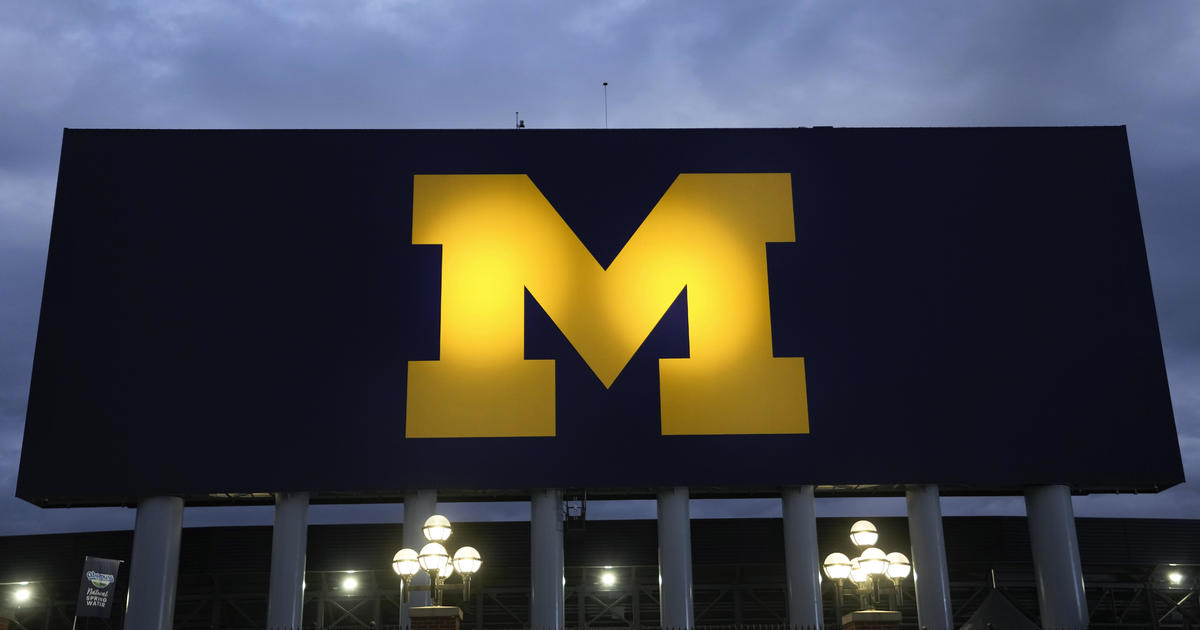Legislation Would Allow Report-Free Alcohol Ignition Locks On Cars
LANSING (WWJ) - Legislation has been introduced in Michigan that would allow a driver to install an alcohol ignition lock on their vehicle without it sending reports to the secretary of state.
Republican Senator Rick Jones said he had parents in mind when drafting the legislation.
"Parents of teenagers and college students have a lot to worry about when they let their children use the family car," Jones said in a statement. "The combination of inexperience behind the wheel and the high rate of underage drinking is especially troubling. Allowing parents to install an ignition interlock on their car can help prevent their children from drinking and driving."
In Michigan, if a restricted license is ordered for a habitual drunk driving offender, the person must install a Breath Alcohol Ignition Interlock Device (BAIID) on any vehicle he or she owns or intends to operate. A BAIID is a breath alcohol analyzer that connects with a vehicle's ignition and other control systems; it measures the driver's bodily alcohol content and keeps the vehicle from starting it is 0.025 or higher.
Currently, Michigan drivers are allowed to have an interlock device installed on their vehicle voluntarily. However, even if the interlock device is installed voluntarily, the company that provides the interlock is required to generate a report when the device is used and send that report to the secretary of state.
"I have heard from several people who would like to voluntarily install an interlock device on their vehicle, but hesitate to do so because of the report that must be sent to the secretary of state," Jones said. "Parents should be able to use current technology to stop their children from making a life-changing mistake — without information about that prevented mistake being reported to the state."
Senate Bill 892 would allow interlock providers to develop, market and sell a SOBER (Startup Operated Breath Engine Restrictor) device in Michigan. The provider of the SOBER device would not be required to transmit a report to the secretary of state when the device is used.
To avoid confusion of law enforcement, the new device would be similar in function to a BAIID, but would be visually different from the state-ordered device.



